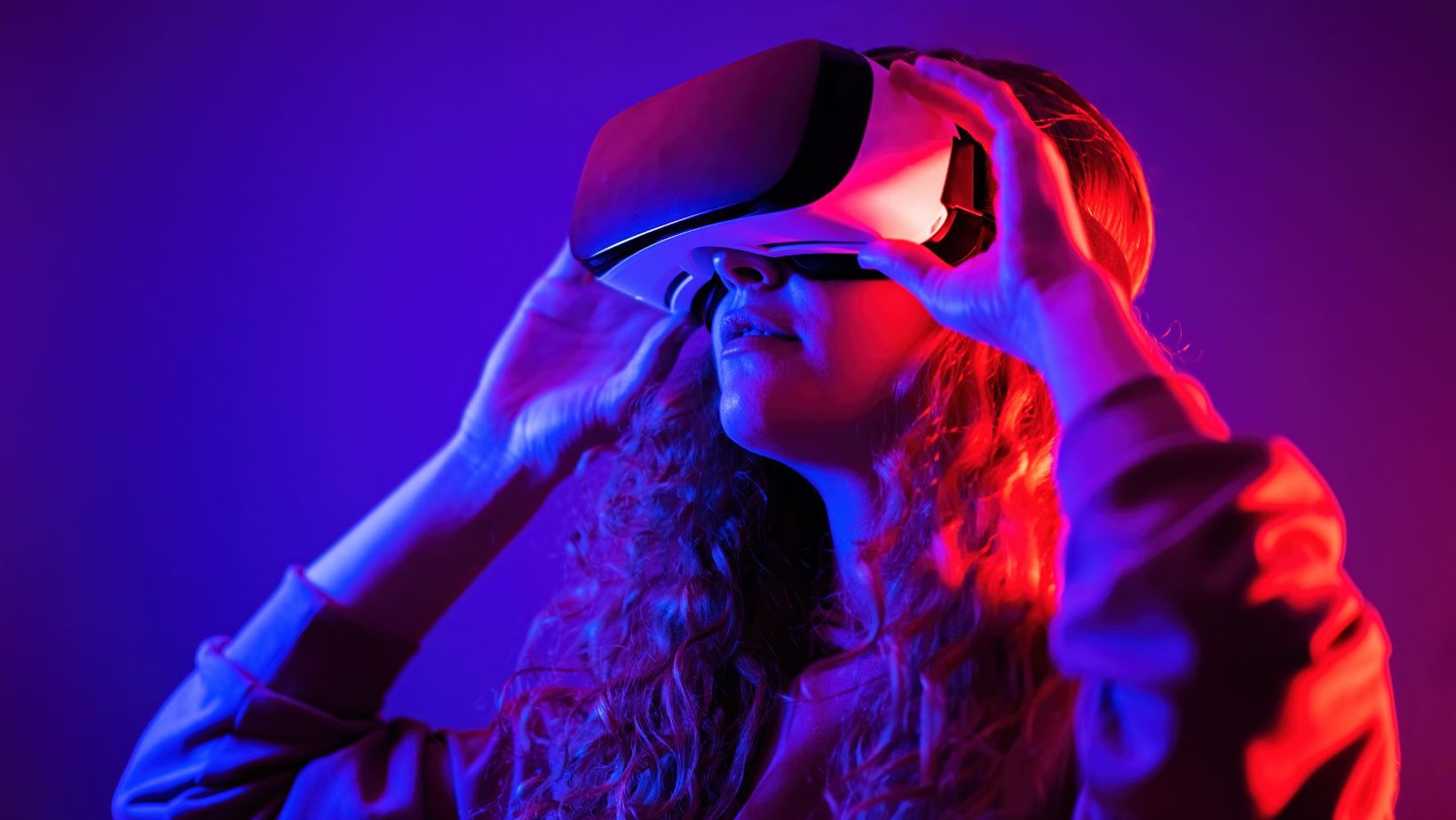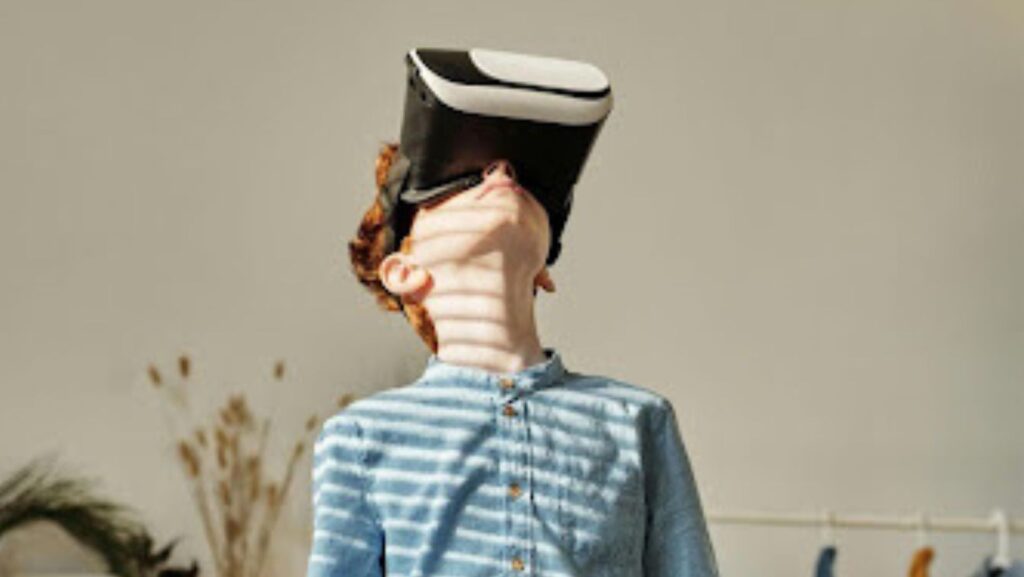The way we experience online entertainment is changing fast. What once started as static videos and simple games has evolved into something much more dynamic. Today, people want more than just passive content. They want to feel something, engage more deeply, and have experiences that feel personalized and real. In the middle of this shift are two powerful forces: artificial intelligence (AI) and virtual reality (VR). Both are transforming what we do for fun online—and this is just the beginning. Some users even explore live, interactive games that combine both tech and chance—if you’re curious, click here to see one direction this might be heading.
Entertainment Is No Longer Passive
One of the biggest shifts happening right now is the move from passive to active entertainment. Instead of just watching a show or scrolling a feed, users are being invited to interact. AI is behind a lot of that. Whether it’s suggesting what to watch next or adapting a storyline based on your decisions, AI is becoming the invisible hand guiding online experiences.
VR takes this a step further. It doesn’t just recommend content—it puts you inside it. You can stand in the middle of a concert, explore distant cities, or play games where you move, speak, and respond in real-time. The combination of these technologies is shaping a future where online fun feels more like real life, and less like watching from the outside.
Smarter Systems, More Personalized Content
Artificial intelligence is getting better at understanding not just what we like, but why we like it. It looks at how long we watch, what we skip, what we replay, and how we react. From that, it builds a picture. Then it uses that to predict what we’ll enjoy next.
This might seem harmless—and in many ways, it makes entertainment more convenient. You don’t have to search much. You’re handed options that fit your taste. But there’s a tradeoff. These systems can make our entertainment habits narrower. The more they show us what we already like, the less likely we are to try something new.
Still, from a technical point of view, it’s impressive. Machines are shaping stories in real-time, changing the way characters act or even rewriting endings based on what keeps viewers interested. It’s no longer just about watching—it’s about co-creating.
Virtual Reality and the Rise of Immersive Worlds
VR has come a long way in a short time. What used to be bulky headsets and pixelated graphics is now smooth, realistic, and immersive. More importantly, it’s becoming social. People aren’t just playing alone—they’re interacting in shared digital spaces.

This opens up new ways to connect. Friends meet in virtual cafés. Strangers team up in digital adventures. Artists build entire exhibitions inside VR. The limits aren’t technical—they’re creative. As the tools improve, the experiences will too.
VR also brings a level of embodiment that traditional screens can’t. You don’t just click. You move, you turn, you gesture. That changes how people feel and react. In the future, we may spend just as much time “in” the internet as we do “on” it.
The Blurring Line Between Real and Digital
As AI and VR combine, the lines between digital and real life get thinner. You might attend a meeting in a VR room where your voice is cloned to sound clearer. Or watch a film where the plot shifts because your facial expressions suggest boredom. These aren’t distant ideas—they’re already being tested.
This kind of entertainment is flexible, fast, and increasingly hard to distinguish from reality. That brings up questions, too. What’s authentic? Who controls the content? How much is too much? As entertainment becomes more immersive, these are issues that tech and culture will need to address.
What’s Coming Next?
Looking ahead, we’re likely to see entertainment that adapts in real time. You’ll start a game or movie, and the experience will evolve as you go. Not just based on what you choose, but how you feel, how fast you move, and even how long you stick around.
AI will continue to streamline choices. VR will deepen presence. Together, they’ll build a space that feels less like browsing and more like being somewhere new.
But it’s not just about the tech. It’s about what we do with it. The tools are powerful, but the way people use them will shape what’s next. Entertainment is becoming more creative, more interactive, and more personal. That means more choice—but also more responsibility.
Final Thoughts
AI and VR aren’t just trends—they’re foundational changes in how we experience digital life. They’re pushing online entertainment toward a future that’s immersive, smart, and hard to put down.
Some of it will be playful. Some of it will challenge how we define reality. But either way, the screen is no longer just something we look at. It’s something we step into.
If you’re spending time online in 2025, you’re not just consuming content. You’re becoming part of it.


